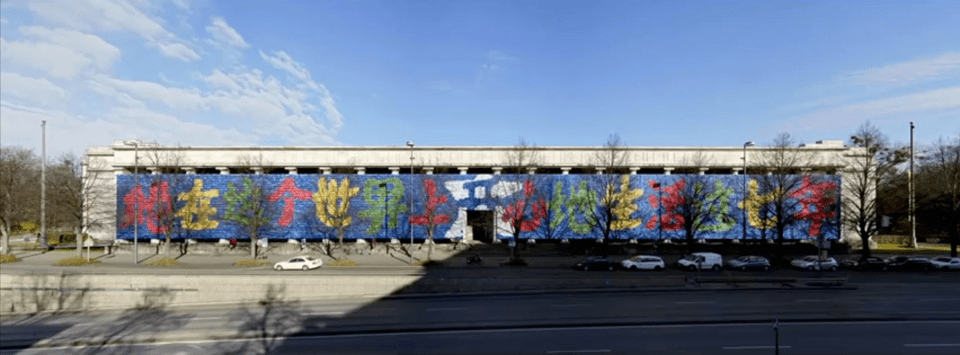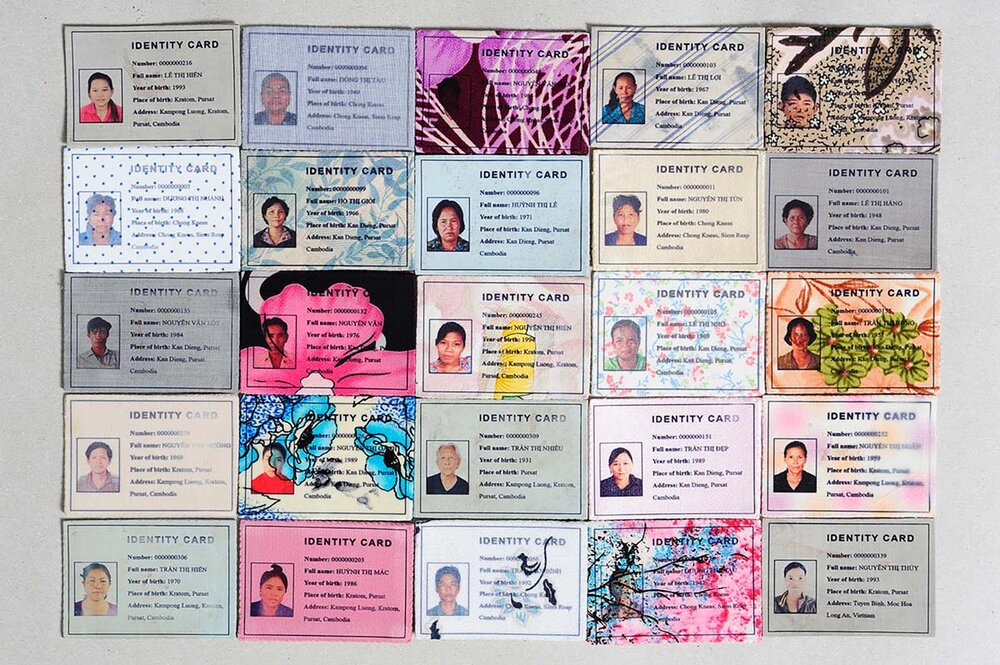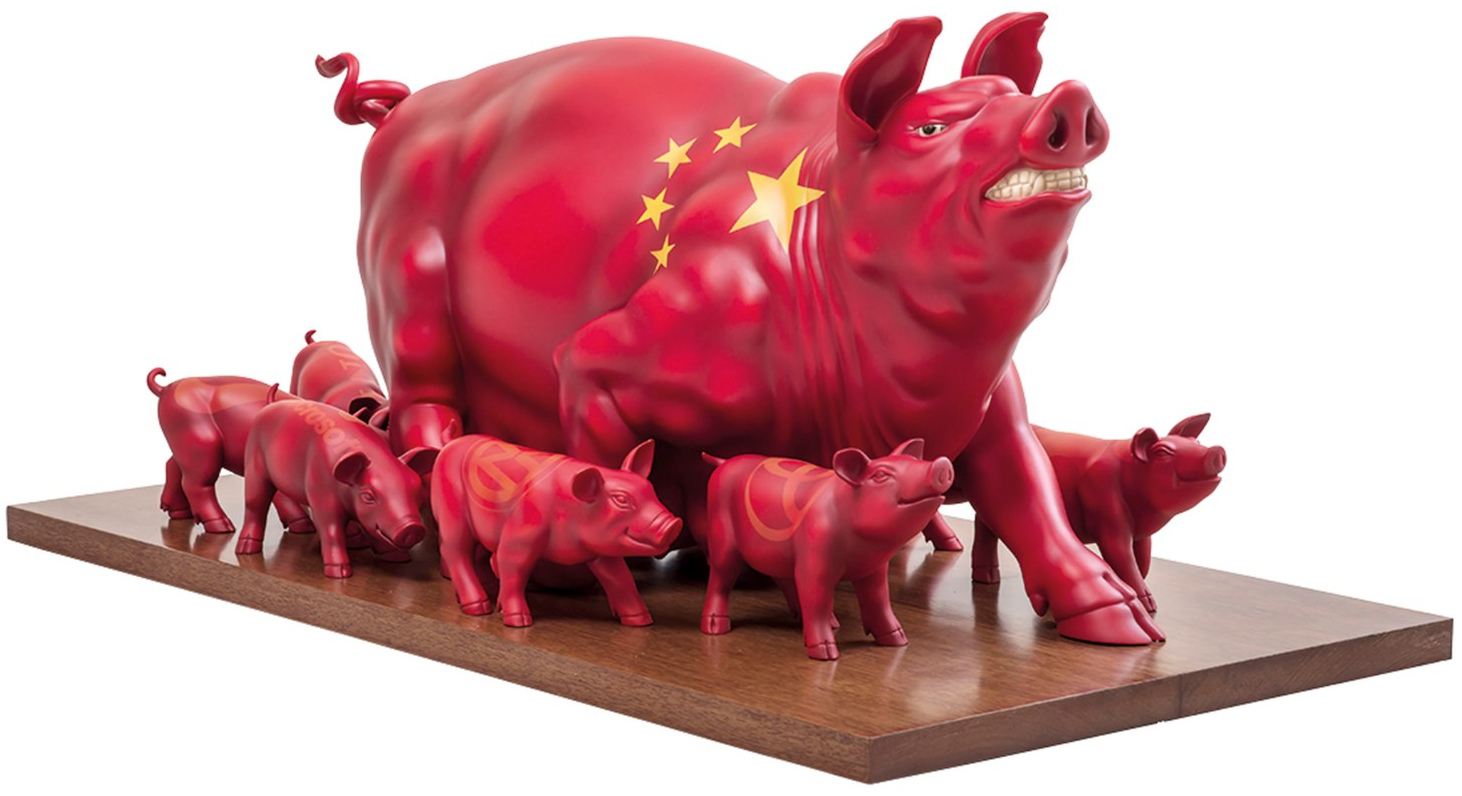Tradition

“‘Traditions’ which appear or claim to be old are often quite recent in origin and sometimes invented. …
‘Invented tradition’ is taken to mean a set of practices, normally governed by overtly or tacitly accepted rules and of ritual or symbolic nature, which seek to inculcate certain values and norms of behaviour by repetition, which automatically implies continuity with the past. In fact, where possible, they normally attempt to establish continuity with a suitable historic past. …
‘Tradition’ … must be distinguished clearly from ‘custom’ which dominates so-called ‘traditional’ societies. The object and characteristic of ‘traditions’, including invented ones, is invariance. The past, real or invented, to which they refer imposes fixed (normally formalized) practices, such as repetition. … ‘Custom’ cannot afford to be invariant, because even in ‘traditional’ societies life is not so. Customary or common law still shows this combination of flexibility in substance and formal adherence to precedent. …
Convention and routine are not ‘invented traditions’ since their functions, and therefore their justifications, are technical rather than ideological. …
Sometimes new traditions could be grafted on old ones, sometimes they could be devised by borrowing from the well-supplied warehouses of official ritual, symbolism and moral exhortation – religion and princely pomp, folklore and freemasonry (itself an earlier invented tradition of great symbolic force) …
It is clear that plenty of political institutions, ideological movements and groups – not least in nationalism – were so unprecedented that even historic continuity had to be invented, for example by creating an ancient past beyond effective historical continuity. … It is also clear that entirely new symbols and devices came into existence as part of national movements and states, such as the national anthem (of which the British in 1740 seems to be the earliest), the national flag (still largely a variation of the French revolutionary tricolour, evolved 1790-4) or the personification of ‘the nation‘ in symbol or image …” 1
“Tartan – that is cloth woven in a geometrical pattern of colours – was known in Scotland in the sixteenth century (it seems to have come from Flanders …), the kilt … – unknown in 1726, … suddenly appeared two years later … its inventor was an English Quaker from Lancashire, Thomas Rawlinson … [there was] no differentiation of clans, no continuity of setts … in October 1745 … the Caledonian Mercury advertised a ‘great choice of tartans, the newest patterns’ …” 2
“[During most of the nineteenth century, British] royal ceremonies were … remote, inaccessible group rites, performed for the benefit of the few rather than the edification of the many. … For the majority of the great royal pageants staged during the first three-quarters of the nineteenth century oscillated between farce and fiasco. … Slowly … [then, a] coherent syntax and language of symbols and meanings emerged. In 1887, after fifty years on the throne, the Widow of Windsor was persuaded – although only with the greatest reluctance – to participate in a grand state pageant in London. It was, indeed, a risk, for her unpopularity made it impossible to predict what sort of reception she would receive. … Nevertheless, the resulting Golden Jubilee … was a great success. … Meticulous planning, popular enthusiasm, widespread reporting and unprecedented splendour were successfully allied. … Three people … were of major significance: … [While] Reginald Brett, Viscount Esher … provided the expertise and organizing flair, and Edward [VII] himself supplied the enthusiasm and support, it was Elgar, whose compositions raised ceremonial music … to mere works of art of their own right. …” 3
1) aus: Eric Hobsbawm: Introduction. Inventing Traditions. In: Eric Hobsbawm / Terence Ranger: The Invention of Tradition, Cambridge University Press, 2020 (Orig.-Ausgabe 1982), S.2-7.
2) aus: Hugh Trevor-Roper: The invention of Tradition: The Highland Tradition of Scotland, im selben Band, S. 18.23.
3) aus: David Cannadine: The Context, Performance and Meaning of Ritual: The British Monarchy and the ‘Invention of Tradition”, c.1820-1977, im selben Band, S.111-136
Abb.: Ron Noganosh: Shield for a Modern Warrior, or Concessions to Beads and Feathers in Indian Art, 1983, Indigenous Art Collection, Crown-Indigenous Relations and Northern Affairs Canada, Gatineau, im Internet.
06/21






